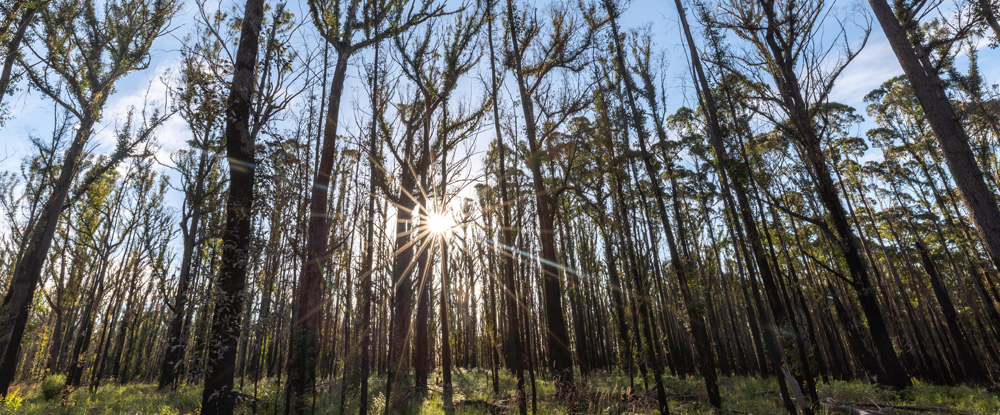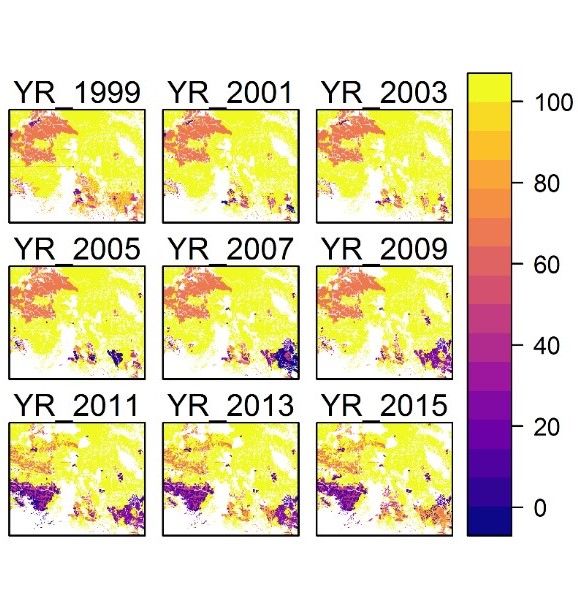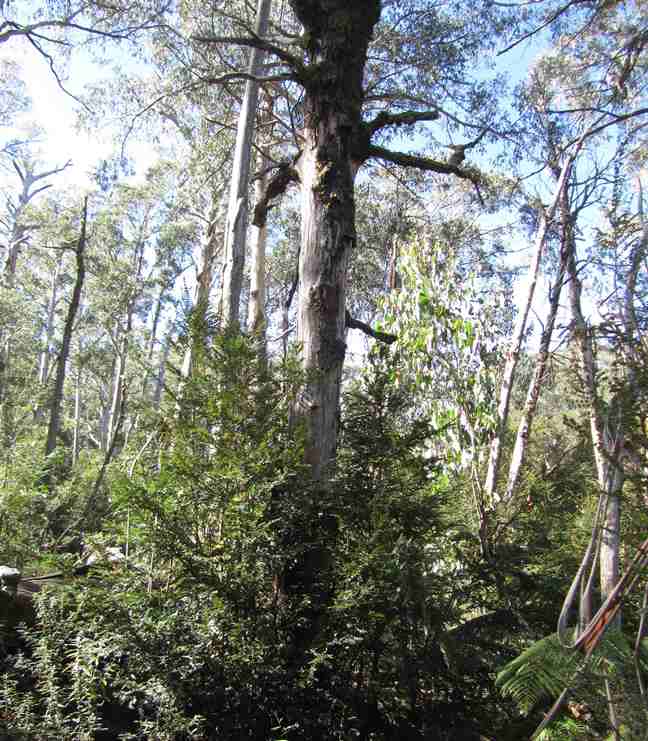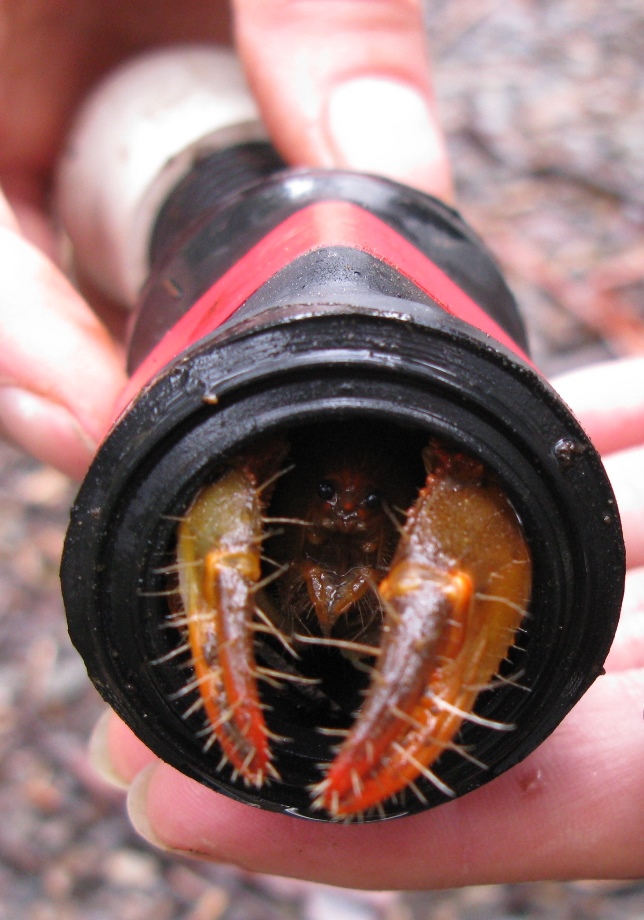Science for modern bushfire management
Our science informs bushfire planning, response and recovery through:
- surveys of plant, animal and ecosystems before and after fires
- emergency evacuation of vulnerable aquatic species
- modelling of bushfire impacts on the environment
- growing our understanding of fire ecology.
Context
As our climate changes, bushfires are increasing in frequency and intensity. We need to understand how these changes impact our plants, animals, ecosystems and communities.
For millennia, fire has been a natural feature of many Australian environments and a major driver of vegetation change. Vegetation communities are well adapted to regular fire and benefit from it. Others may only exist because they are rarely burnt. Climate change is affecting bushfire regimes. Making them more frequent and more intense. Understanding how our environment is impacted is needed for management decisions about environmental response, recovery and adaptation.
Bushfires also have the potential to cause changes in aquatic ecosystems, particularly when a large volume of post-fire sediment is washed into rivers and streams.
Page last updated: 16/05/25



